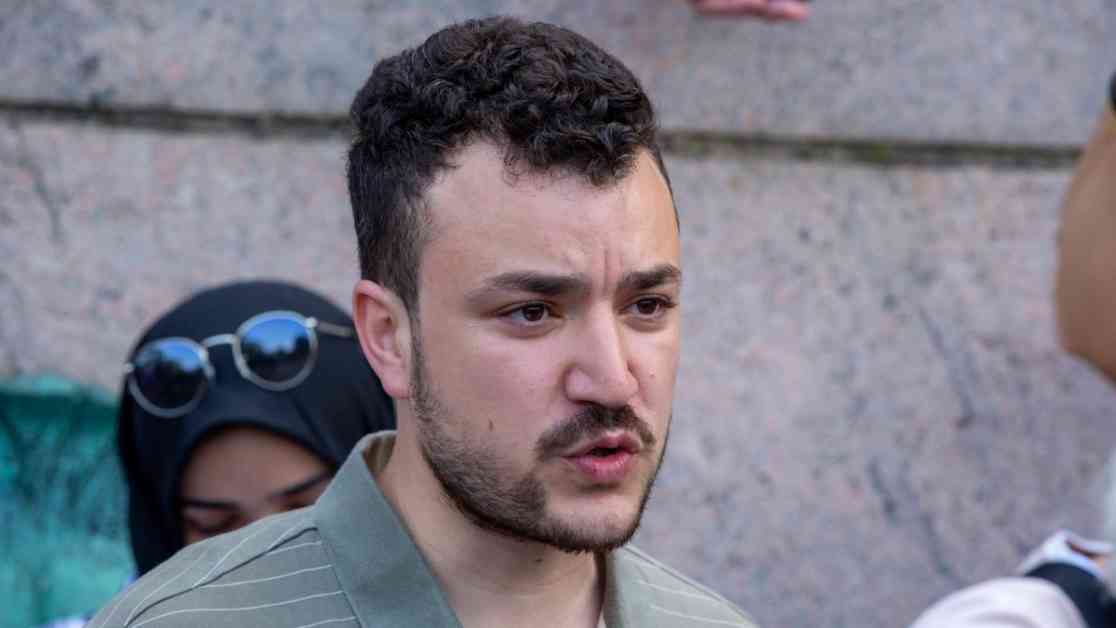Mahmoud Khalil’s Immigration Case: A Columbia Grad’s Legal Battle
Mahmoud Khalil, a Columbia University graduate student, found himself at the center of a legal battle when federal immigration agents detained him, sparking protests over allegations of violating his first amendment rights.
Supporters of Khalil argued that leading pro-Palestinian protests at the New York City university should not lead to his deportation, as it is not a violation of the law. However, the Department of Justice recently added new charges to Khalil’s case, claiming that he failed to report his membership in certain organizations when applying for residency.
Federal investigators stated in court documents that Khalil’s alleged misrepresentations were not protected speech under the First Amendment, shifting the focus away from his free speech allegations and providing a legal basis for his potential removal from the U.S.
New charges filed by the U.S. government allowed federal prosecutors to contest Khalil’s claims of first amendment violations. Responding to these allegations, a member of Khalil’s legal team criticized the deportation grounds as “patently weak and pretextual,” suggesting that the government’s actions were motivated by retaliation against Khalil for his support of Palestinian rights.
In response to the legal developments, Columbia University agreed to policy changes outlined by the Trump administration in order to regain lost federal funding amounting to $400 million. The university’s interim president announced plans to place the Middle East studies department under new supervision, revise protest and student discipline rules, adopt a new definition of antisemitism, and enhance “intellectual diversity” by expanding the Institute for Israel and Jewish Studies.
Following these policy adjustments, U.S. Education Secretary Linda McMahon expressed approval of Columbia’s efforts to align with administration guidelines, signaling a positive step towards the university’s funding recovery. Despite this progress, members of Columbia’s faculty were expected to gather at a Monday rally to voice opposition to the university’s compliance with Trump administration policies.
As the legal battle surrounding Khalil’s immigration case continues to unfold, the complexities of free speech, deportation grounds, and university policies intersect, highlighting the broader implications for academic institutions and individuals navigating the intersection of legal, political, and educational landscapes.














